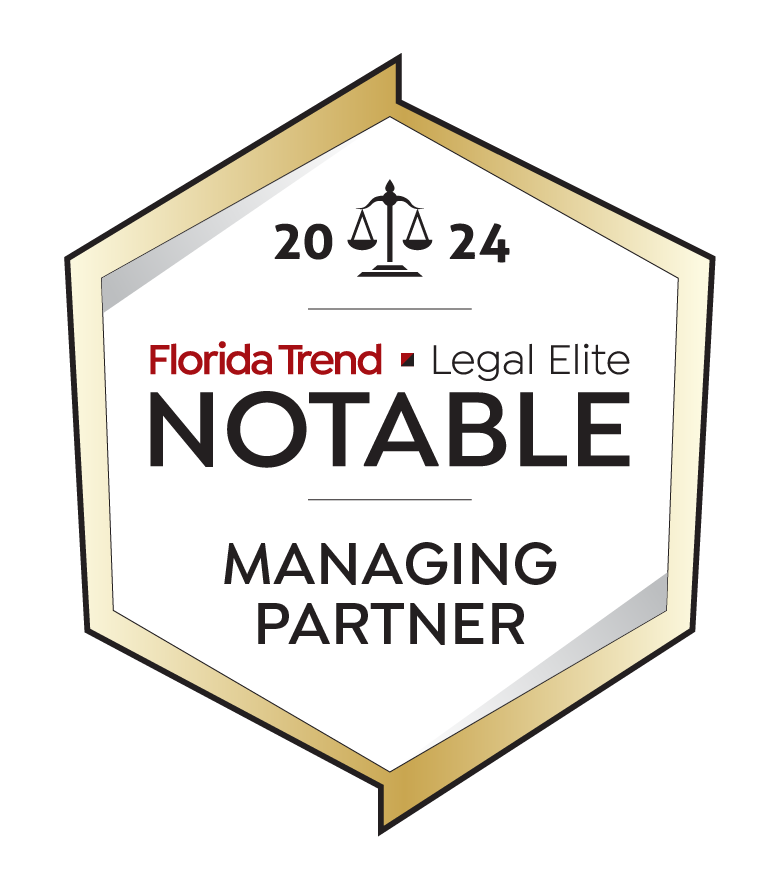Trusts are valuable estate planning tools, even for families with modest means. Property held in a trust does not need to go through probate and can pass immediately to the beneficiaries according to the terms of the trust.
One form of trust, a living trust, allows you to continue to manage and benefit from the assets in the trust until your death. Living trusts in Coral Gables allow you to reap many of the benefits of a trust while retaining control of your property.
A living trust is an excellent solution for many families who are concerned about probate or ensuring children gain access to assets in a controlled manner. Speak with a skilled probate attorney about your concerns, and they can design a living trust that meets your needs.
How to Set Up a Living Trust
A trust is a legal vehicle that owns property for a specific purpose. It can own cash, investments, life insurance policies, real estate, pension benefits, and any other form of property. When someone (the settlor) puts property into a trust, they transfer the title of the property from their own name to the trust’s name and specify who should benefit from it (the beneficiaries). The settlor names at least one trustee to manage the property and carry out the trust’s purpose.
A Coral Gables attorney could help someone identify property that could be in a living trust. They can draft the trust documents, ensure they are properly executed, and help the settlor transfer ownership of the property to the living trust.
Benefits of a Living Trust
According to Florida Statute § 736.0602, a living trust can be revoked or amended at any time for any reason. The settlor can name themselves as the trustee and have a successor trustee manage the property after the settlor’s death. The settlor can continue to use the income the property generates for their own purposes.
When property must go through probate, a decedent’s heirs do not have access to it until probate is complete, which could be months or years after the decedent’s death. Property in a living trust need not go through probate. Avoiding probate allows beneficiaries immediate access to the property, subject to the terms of the trust.
Many living trusts provide that the property they hold be distributed to the beneficiaries after the settlor’s death. However, a living trust could distribute property in whatever way the settlor thinks best. For example, some are set up so that the beneficiaries receive only the income from the trust, while others allow beneficiaries to receive distributions when they meet specified milestones.
Limits of a Living Trust
Although living trusts are an excellent estate planning tool for many families, there are limits to their usefulness. Because they are revocable during the settlor’s lifetime, they do not provide some of the benefits of other types of trusts. Anyone considering creating a living trust should discuss their goals with a Coral Gables attorney to ensure it will accomplish them. For example, some forms of trust offer asset protection. When a settlor puts assets in an irrevocable trust, the settlor’s creditors cannot go after the assets. Living trusts offer no asset protection to the settlor because the settlor still has the benefit of the assets.
Similarly, living trusts do not offer as much estate tax protection as irrevocable trusts. The value of the assets in the trust at the time of the settlor’s death counts toward the value of the estate for the purposes of calculating estate tax.
Discuss Living Trusts with a Coral Gables Attorney Today
A living trust is an excellent tool to ensure your family’s financial future. They allow you to maintain control of your assets and benefit from them while you are alive, and distribute them outside of probate after your death.
Speak with an attorney from The Florida Probate & Family Law Firm about living trusts in Coral Gables. Reach out today to schedule a no-cost case evaluation.



























